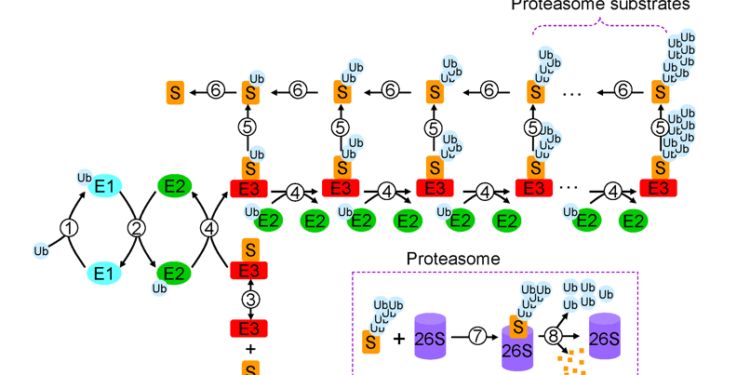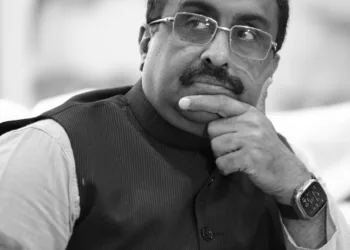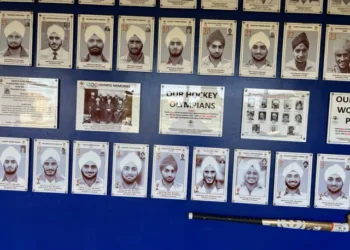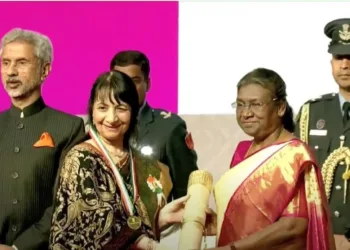An expatriate scientist makes an impassioned plea for putting in place a conducive scientific ecosystem in India to nurture the spirit to think originally and find solutions among researchers
By Dr. Srinivasa K. Rao
In 1981 I was selected as a junior research fellow (JRF) at the Centre for Cellular and Molecular Biology (CCMB), Hyderabad. Dr P.M. Bhargava, the then director, was very busy establishing the laboratory for fundamental life science. Yet he took me as his student. He asked me to come up with three different problems that I wished to research for my PhD, rather than asking me to work on one of his ongoing projects.
I prepared three topics for research. One included what Dr G. Satyanarayana Reddy, a physician and professor from the US, had asked me to think about—how a single microscopic cell grows to be a large human being? My proposal relating to ubiquitin, a small protein molecule present in all cells, was considered the most interesting one and I was asked to work on it. Ubiquitin is needed to recycle the cellular proteins. Recycling intracellular protein is vital for the cells to grow, divide and make the single-cell zygote a full-fledged organism.
Dr Aaron Ciechanover, an Israeli scientist, published the preliminary work on ubiquitin in 1981. But the enzyme needed to degrade proteins was not known then. I set out to find the enzyme. By mid-1982, I found the active enzyme in unpurified form. I presented my work to the entire team. Dr Bhargava asked me to purify the enzyme. I spent the following year doing that. But when I would purify it, there was no activity. Even though the senior scientists at the CCMB helped, I could not get pure and active enzyme as required by Dr Bhargava. But I described my work in a paper and gave it to Dr Bhargava to approve for publication. However, he did not. All my well-wishers at CCMB asked me to leave the institution, and I left for Paris with a French government fellowship to do a PhD.
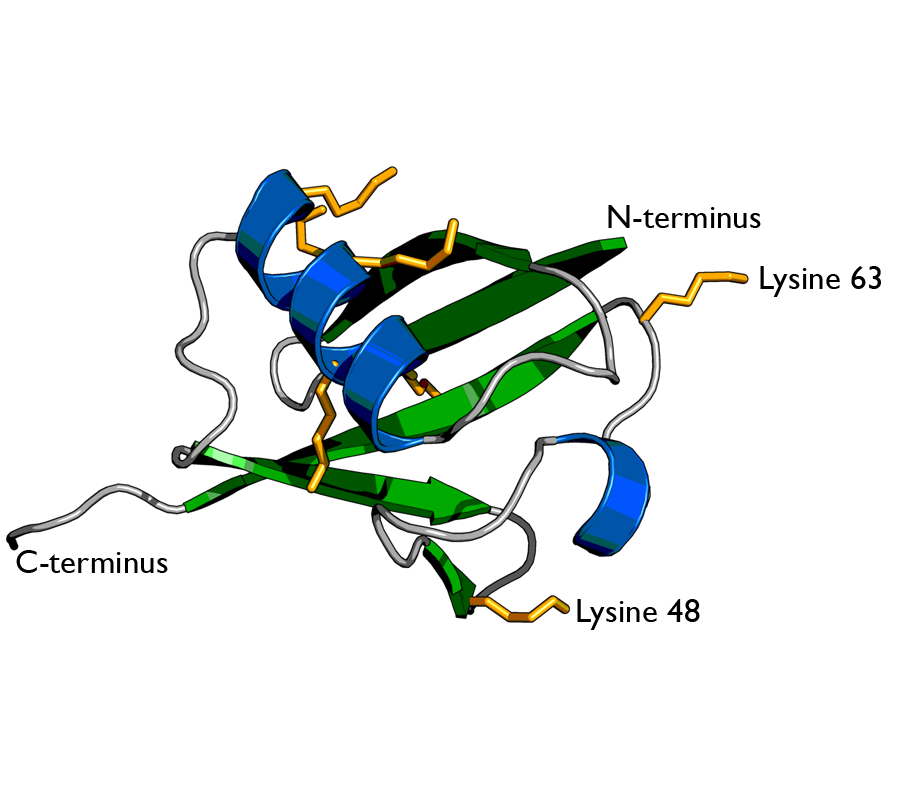
In 1985, Dr Ciechanover published “Transfer RNA (tRNA) as an essential component for the enzyme to be active”. I was stunned to read it! The tRNA was the contaminant I was asked to remove to publish my paper! In 2004, Dr Ciechanover and his two collaborators were awarded the Nobel Prize for their work on ubiquitin. The Nobel Committee stated, “Thanks to the work of the three Laureates, it is now possible to understand at the molecular level how the cell controls a number of central processes by breaking down certain proteins and not others. When the degradation does not work correctly, we fall ill. Knowledge of ubiquitin-mediated protein degradation offers an opportunity to develop drugs against these diseases and others.” In 2015 the FDA approved three drugs for cancer, based on ubiquitin work.
Many students like me must be working on some important projects at the nascent stage every year in Indian laboratories in all areas of the sciences. So, what can we do to ensure that brilliant minds do not miss vital opportunities available in India that can fetch even Nobel Prize?
As for statistics, India has just 253 scientists per million of population, while the US has 4,821, but that does not explain India’s lack of Nobel in the last 92 years in sciences. A careful study of several Nobel Prize winners reveals that they had equal or fewer resources than many Indian scientists in recent years. They got the prize mainly due to the ability to think originally and find solutions.
My Sojourns in France and USA
Having lost three full years without a publication at CCMB, I asked my French lab director, Dr Dominique Labie, to let me work at my own pace and get a PhD in three years. She formed a committee headed by Prof Jacques, a reputed French scientist. He interviewed me a few times and said I need not join a French MS for my PhD as I could work in the labs and publish three papers and submit my thesis. In addition to them, Prof. Ronald Nagel of the Albert Einstein College of Medicine, New York, was very kind and helped complete my research in time. I learned enough French to write a scientific thesis in three years.
Prof. Charles Cantor, the then chairman of Department of Molecular Genetics, Columbia University, New York, met me in the street in Paris. We spent a few minutes talking on a bench on the right bank of the Seine. There itself, he asked me to come and join his lab in New York. He gave me his secretary’s phone number to enable me to get my visa documents. He also called the ambassador’s office and ensured I would get the visa. When he had to leave Columbia University for personal reasons, I moved to Albert Einstein College, where Dr Seymore Cohen, Vice President at Long Island Jewish Medical Center offered me the Chairmanship of Reserach Committe to run it. I attended several scientific meetings and discussed science freely with many at Albert Einstein College and the visiting scientists who came there. There were a few Nobel laureates too. One of them was Dr Har Gobind Khorana. They answered questions and engaged in conversations about scientific topics as if they were our next-door scientists.
My experience in working in and with European and US scientific institutions over the past 38 years, occasional interactions with Indian scientists and institutions, and my close observations enable me to emphasise the following three prerequisites for achieving excellence in science:
- An ecosystem with the absolute freedom to think, work, and critique
- Promotion and sustenance of fundamental research
- New exploration of Vedic and other ancient knowledge in the light of modern scientific knowledge.
My USA stint provided me the freedom to think that became the basis for my present activity linking thousands of molecules in the Metabolomics data base with Ayurveda knowledge base for better health.
It is evident that encouragement, respect, and money drive people to excel in the same order. Encouraging students to take up science will attract many and swell the number of scientists. Regarding citizens’ precedence in India, scientists should also be included. Then, many more will pursue science for life if the necessary financial support is available. Implementation of these steps will create an ecosystem that helps scientists to flourish.
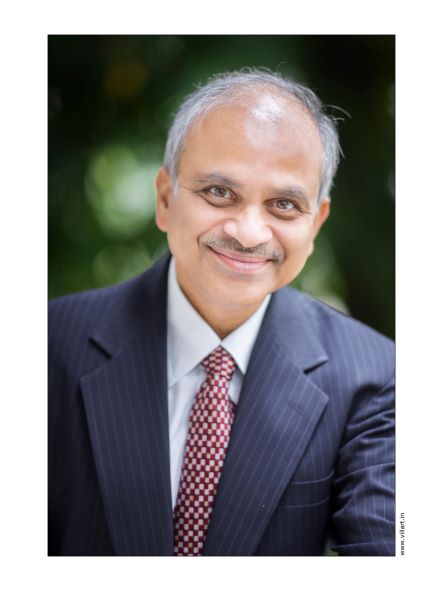
(The writer is a New York-based biomedical scientist, experienced teacher, and innovator in several fields including R&D-based food products that can provide better health)


